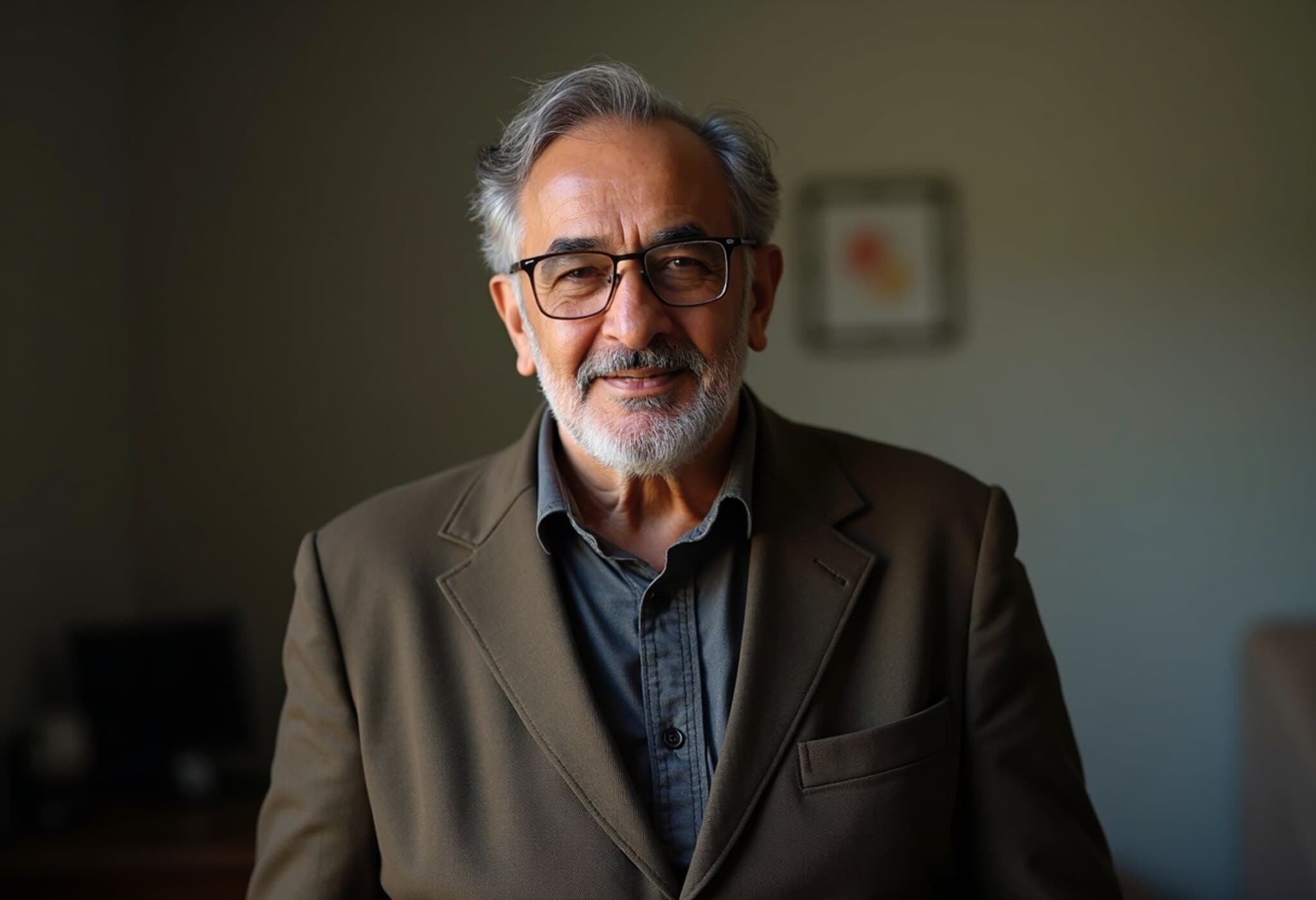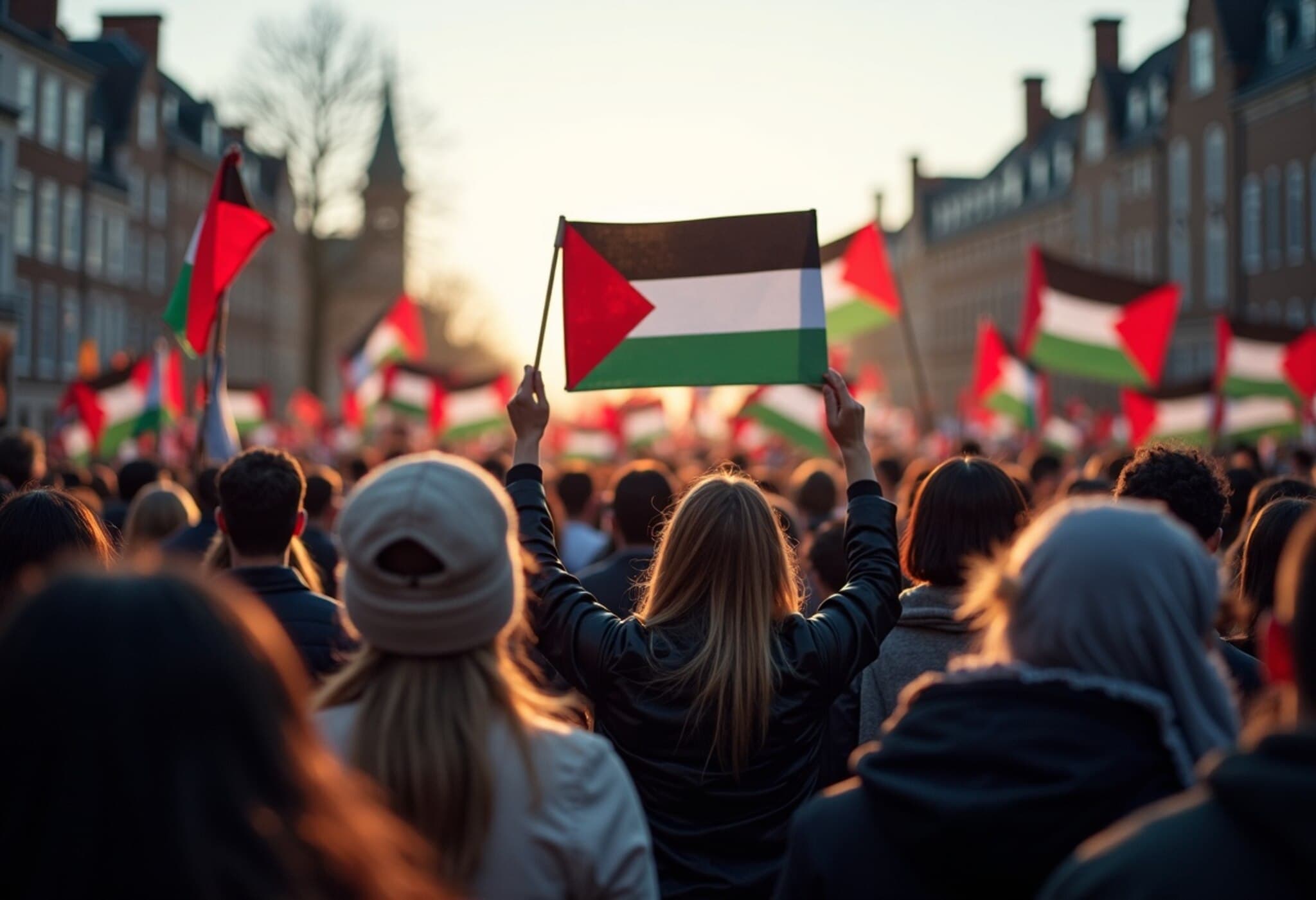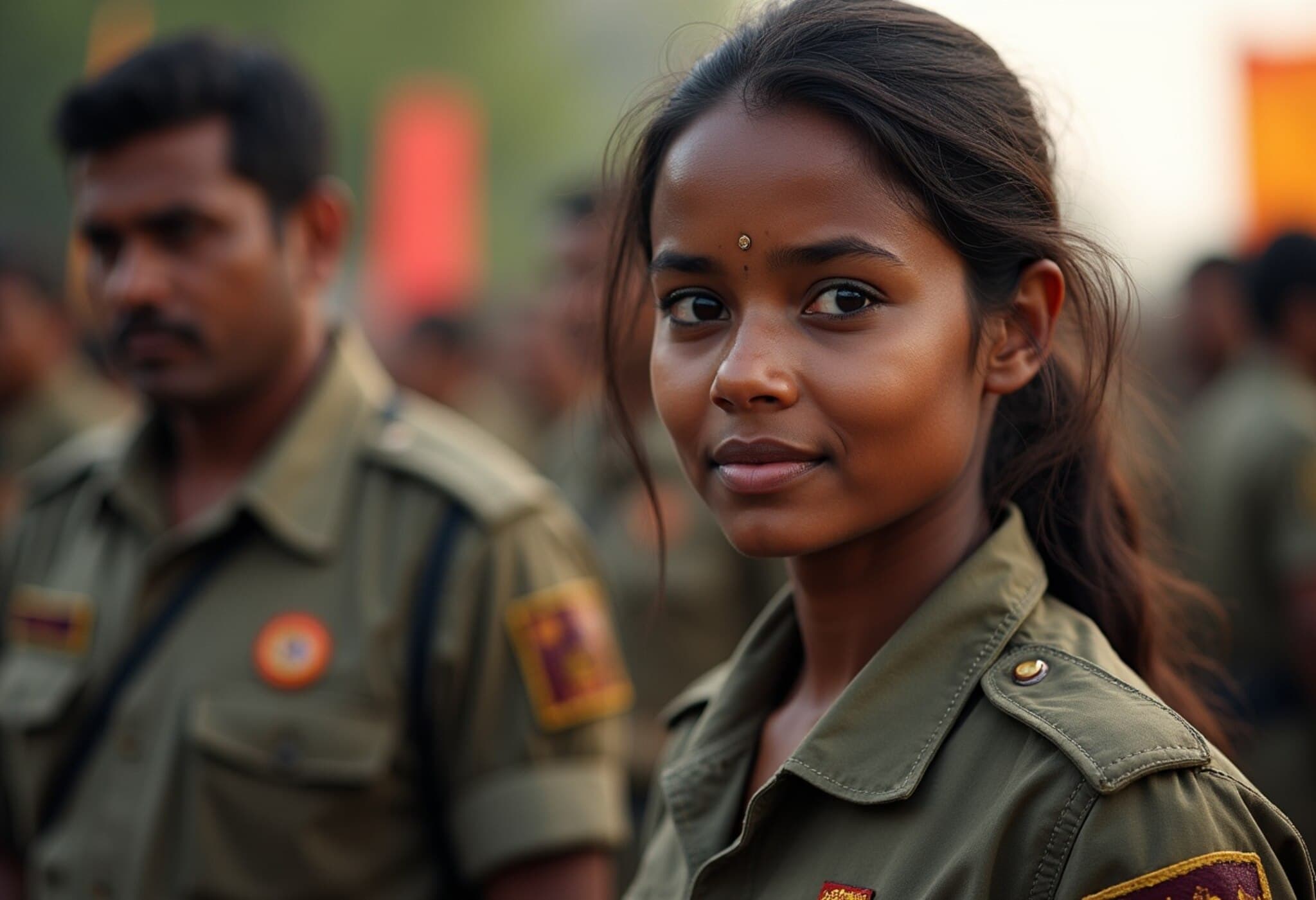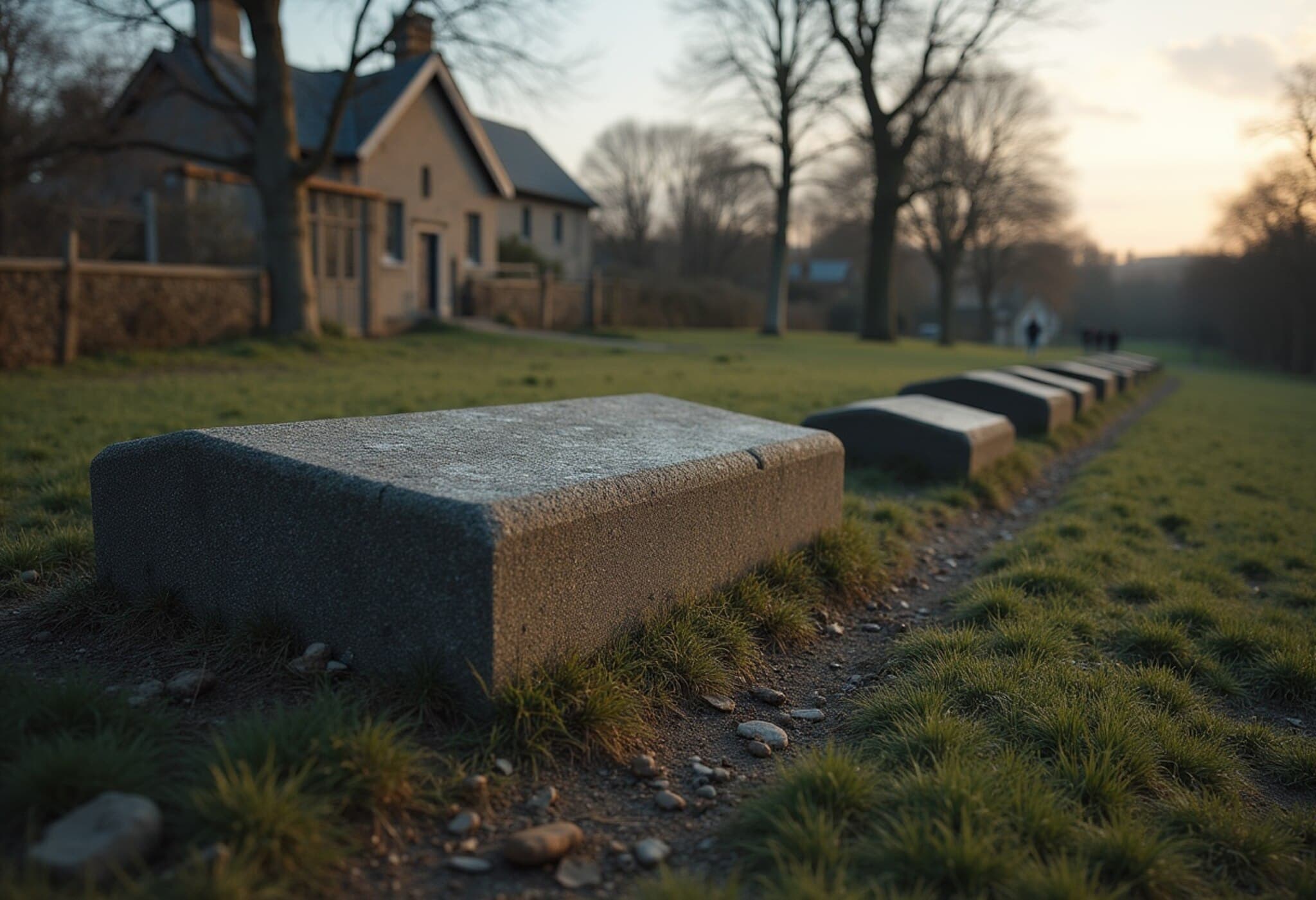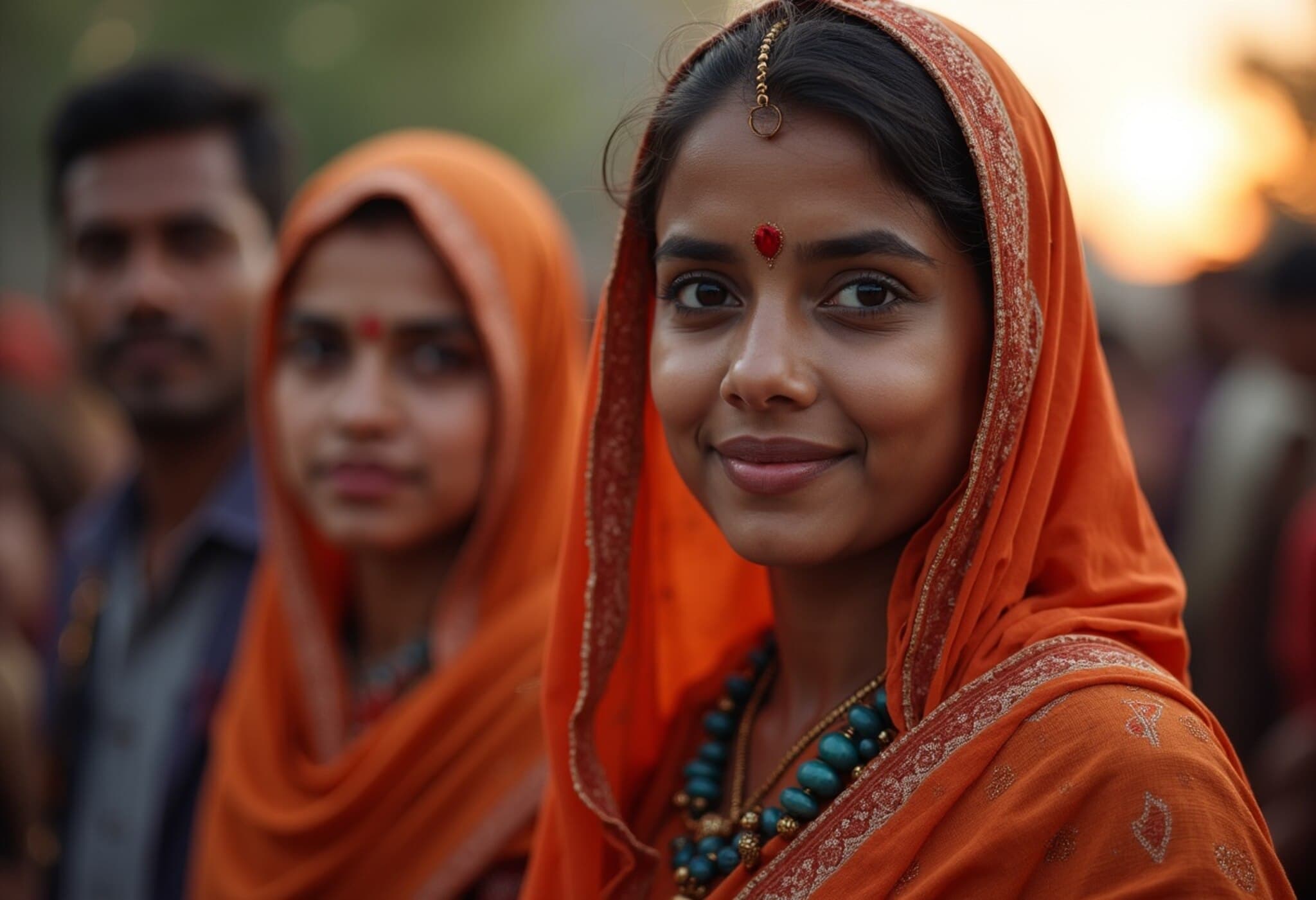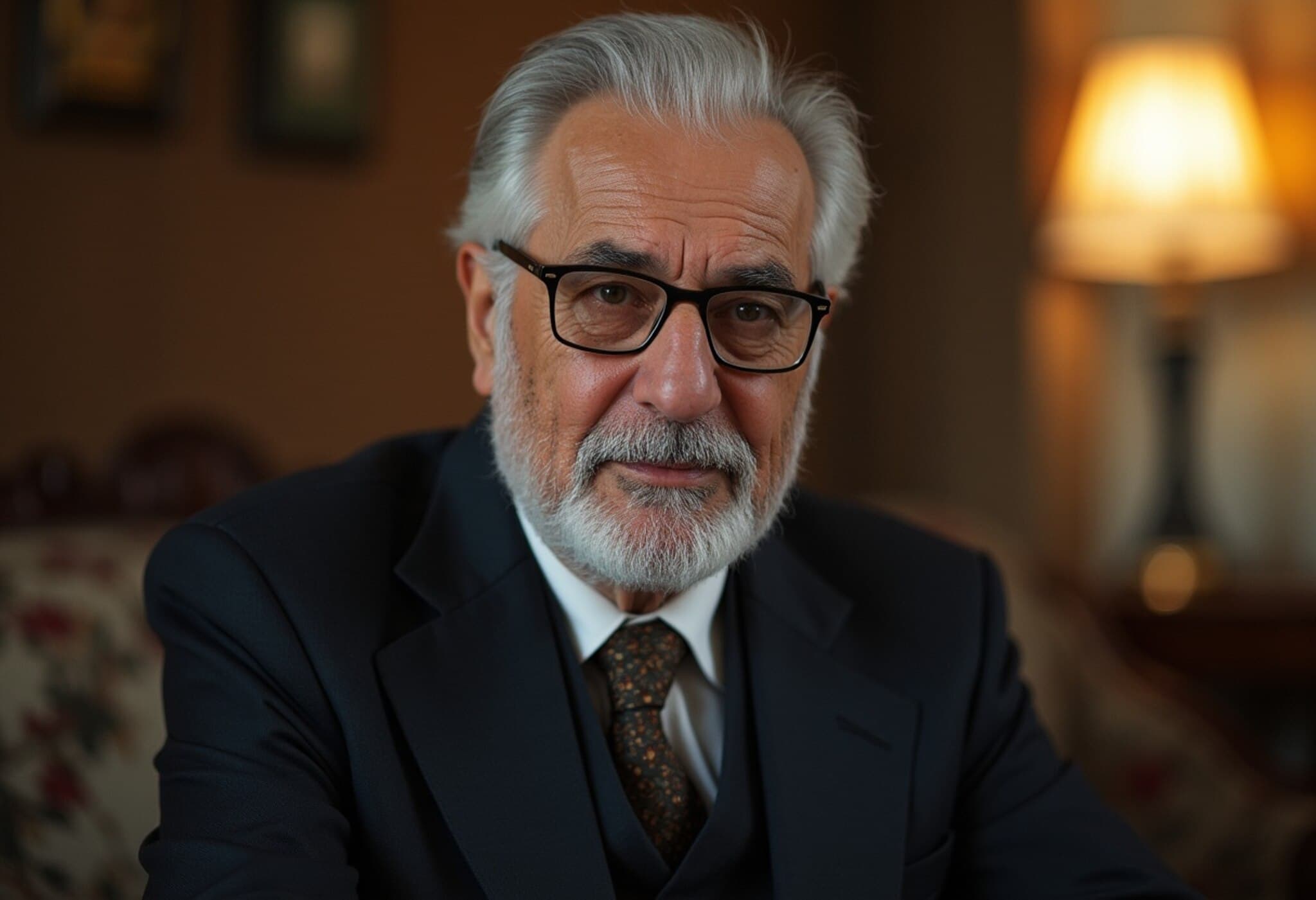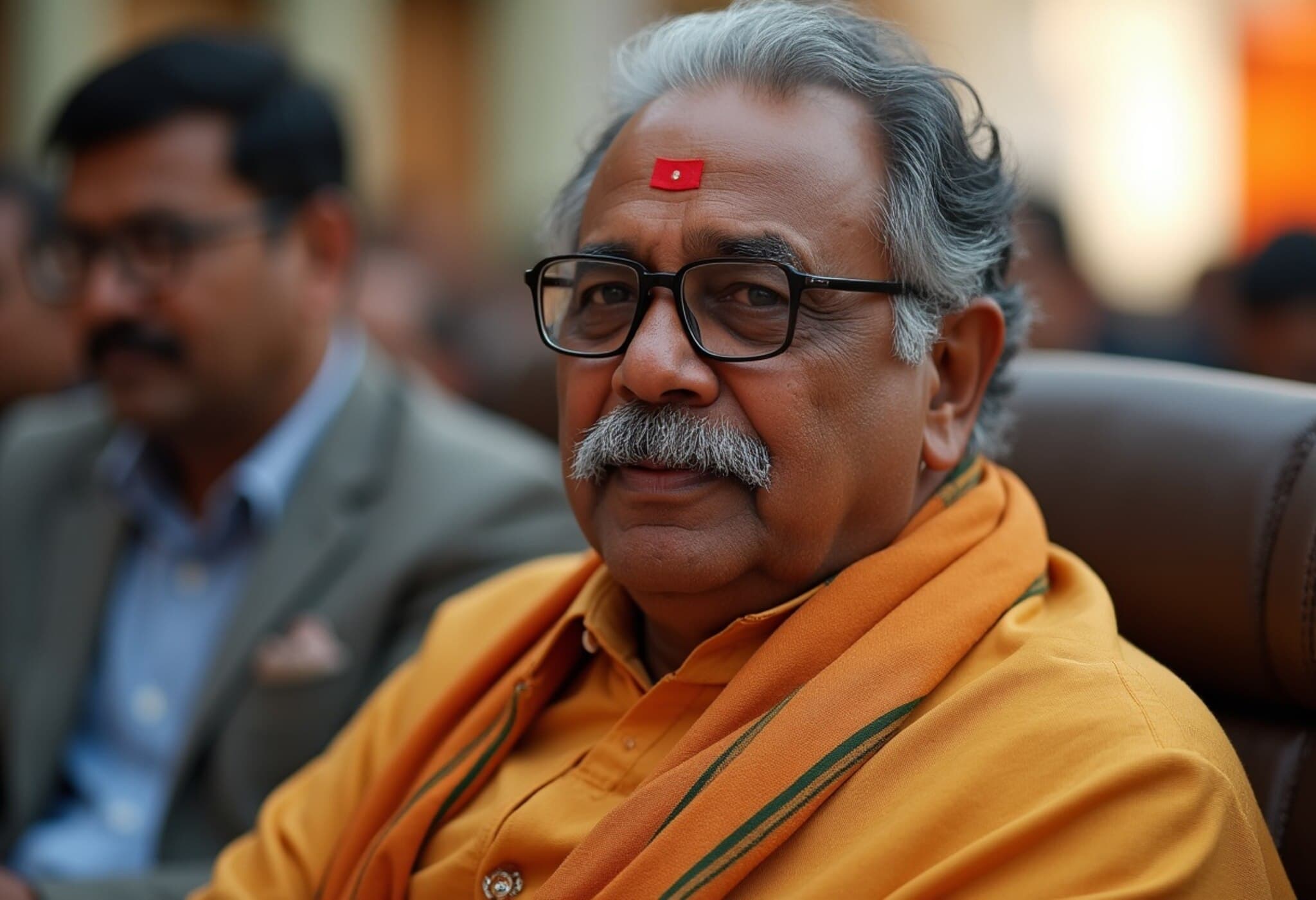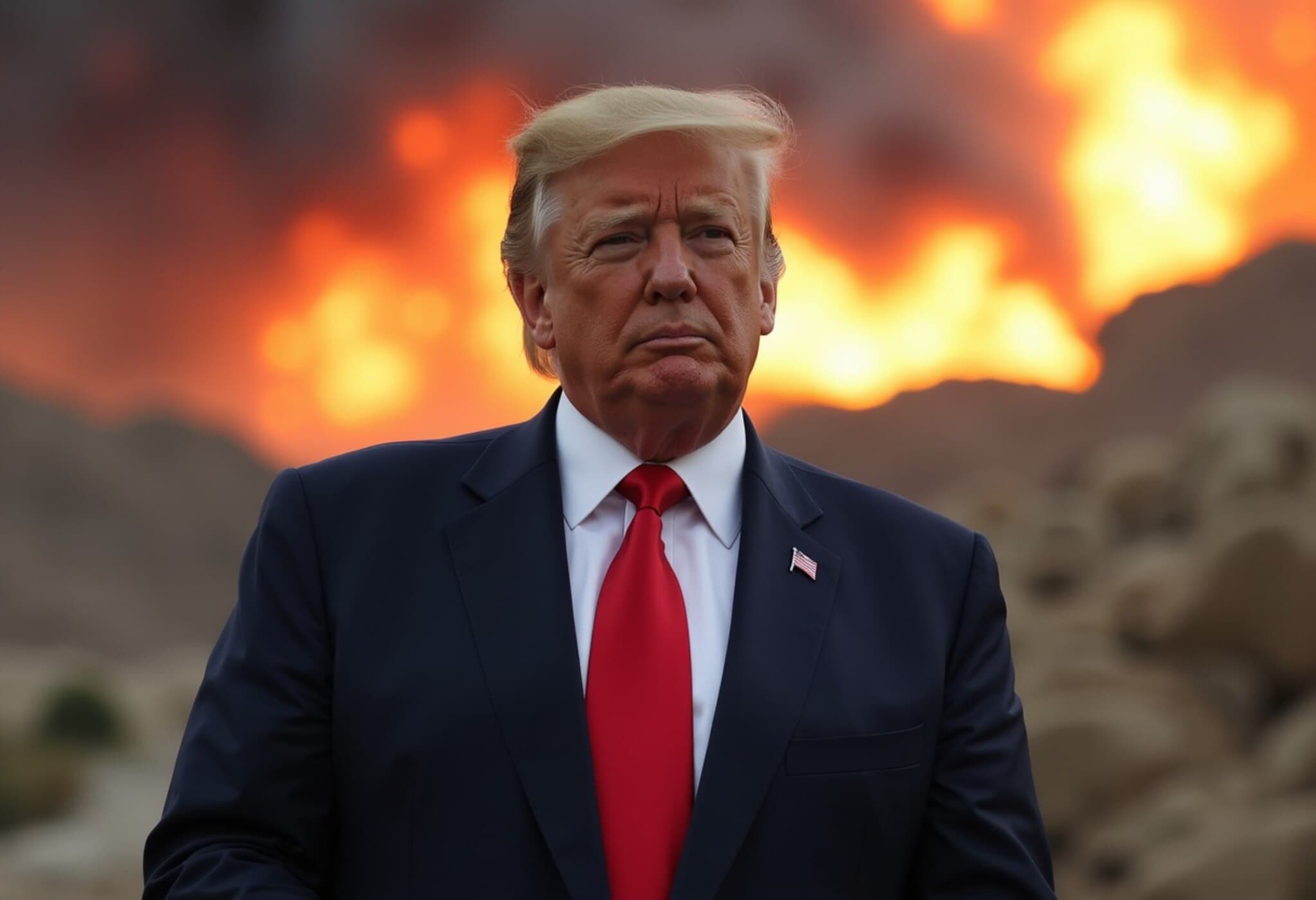An Iranian Refugee's Hope for Democracy
At 74 years old, Behzad Amiri continues to hold onto a dream close to his heart — the hope that his homeland, Iran, will one day become a democratic nation. Residing in Pune as a refugee, Amiri reflects on his journey and the turbulent political landscape of Iran with unwavering optimism.
Early Life and Journey to India
Born in Iran's Bushehr province, Amiri completed his mandatory two-year service in the Iranian Army, working closely with a special camp under the Shah's regime. At age 26, he moved to India to pursue higher education, earning a BA in Economics from Wadia College in Pune. Though he enrolled for a Master's course, the seismic shifts in Iran following the Islamic Revolution of 1979 forced him into a life of exile.
“I supported democracy and opposed the Islamic regime,” Amiri recalled. After briefly returning home shortly after the revolution, he was urged by his father to leave; the new regime threatened his safety. By August 26, 1982, he was officially granted refugee status in India.
Building a New Life Away from Home
Settling in Pune, Amiri married an Indian woman, Ismat, and raised two children born on Indian soil. Despite the distance, memories of his homeland—fraught with personal loss—remain vivid. His father, imprisoned and later released by the Islamic Republic, passed away without Amiri being able to attend his funeral due to safety concerns.
Amiri described how he carefully shielded his loved ones back home from scrutiny, avoiding contact that could place them in jeopardy. With the support of friends and well-wishers, he rebuilt his life in Pune, where he now lives with his son, an engineer.
Championing Iranian Democracy from Abroad
Amiri actively participates in the National Movement of the Iranian Resistance (NAMIR), a coalition that seeks to dismantle theocratic rule and establish a government that respects human rights. Founded by former Prime Minister Shapour Bakhtiar, NAMIR operates globally, continuing the fight against Iran's Islamic regime.
Amiri recounts, “I had several calls with Bakhtiar, who led NAMIR from Paris until his assassination in 1991. His slogan, ‘Iran Will Never Die,’ continues to inspire us.” Through NAMIR, members meet online multiple times a year to strategize and raise awareness.
Advocacy and Cultural Remembrance in Pune
As the head of NAMIR's India chapter, Amiri organizes events like the International Day of Cyrus the Great. Celebrated alongside fellow Iranians in Pune, they honor Cyrus the Great—the Persian king credited with the first human rights charter, the Cyrus Cylinder.
“October 29 marks Cyrus’s entrance into Babylon. We want this day to be recognized as Unity Day in Iran,” Amiri explained. He also leads solidarity protests marking significant dates like the anniversary of Iran’s 1979 revolution, condemning ongoing authoritarian rule.
Perspectives on Ongoing Conflicts and Democracy
On the recent turmoil involving Israel and Iran, Amiri expressed nuanced views. “While I oppose the Iranian dictatorship, I also condemn violence against innocent civilians. India’s democracy is something I deeply respect, and my wish is to see Iran flourish in a similar manner.”
Conclusion
Behzad Amiri’s story embodies the resilience of refugees striving to preserve their identity and work toward a freer future for their homeland. From Pune, his steadfast dedication to democracy and human rights continues to shine a beacon of hope for Iran’s path ahead.

